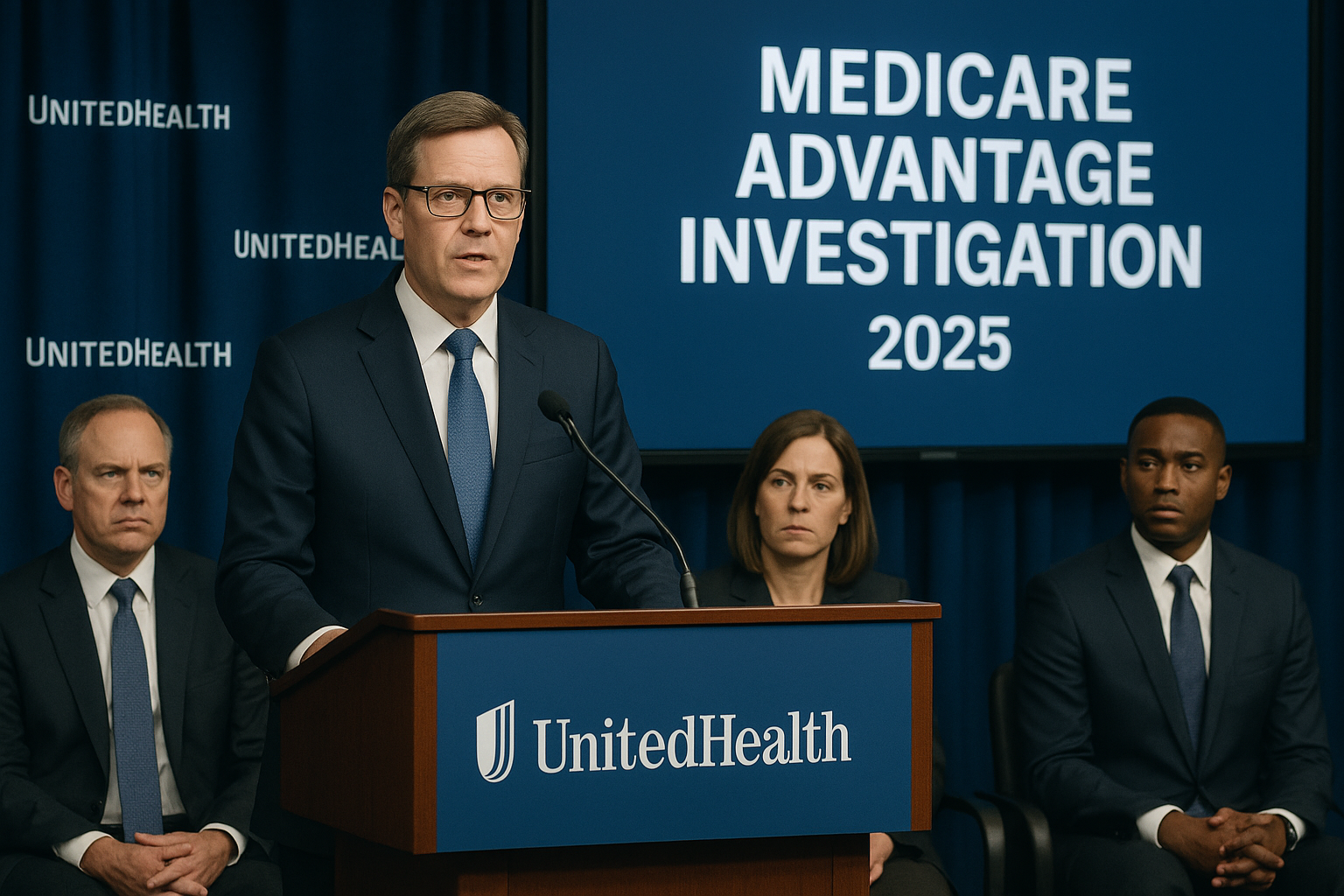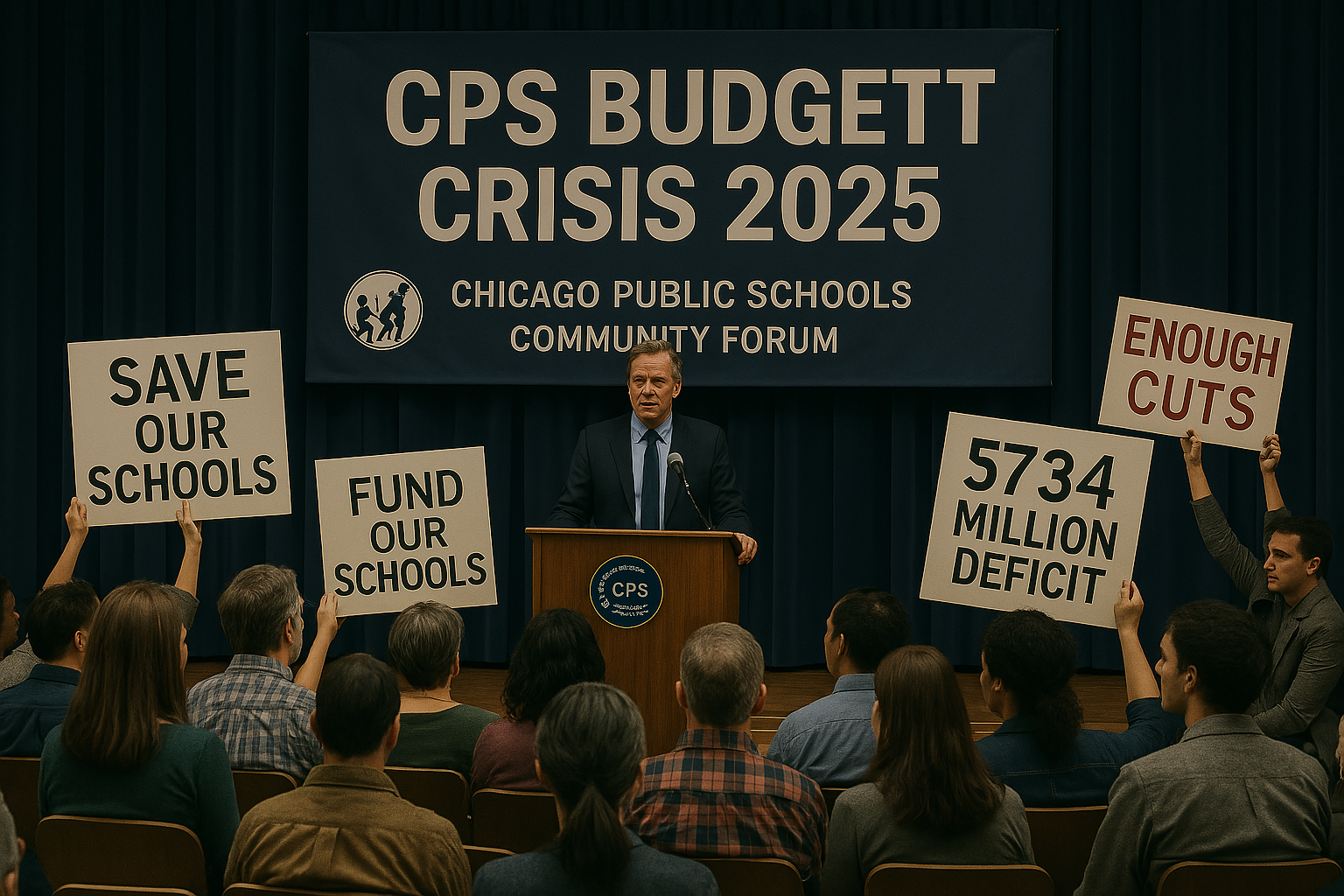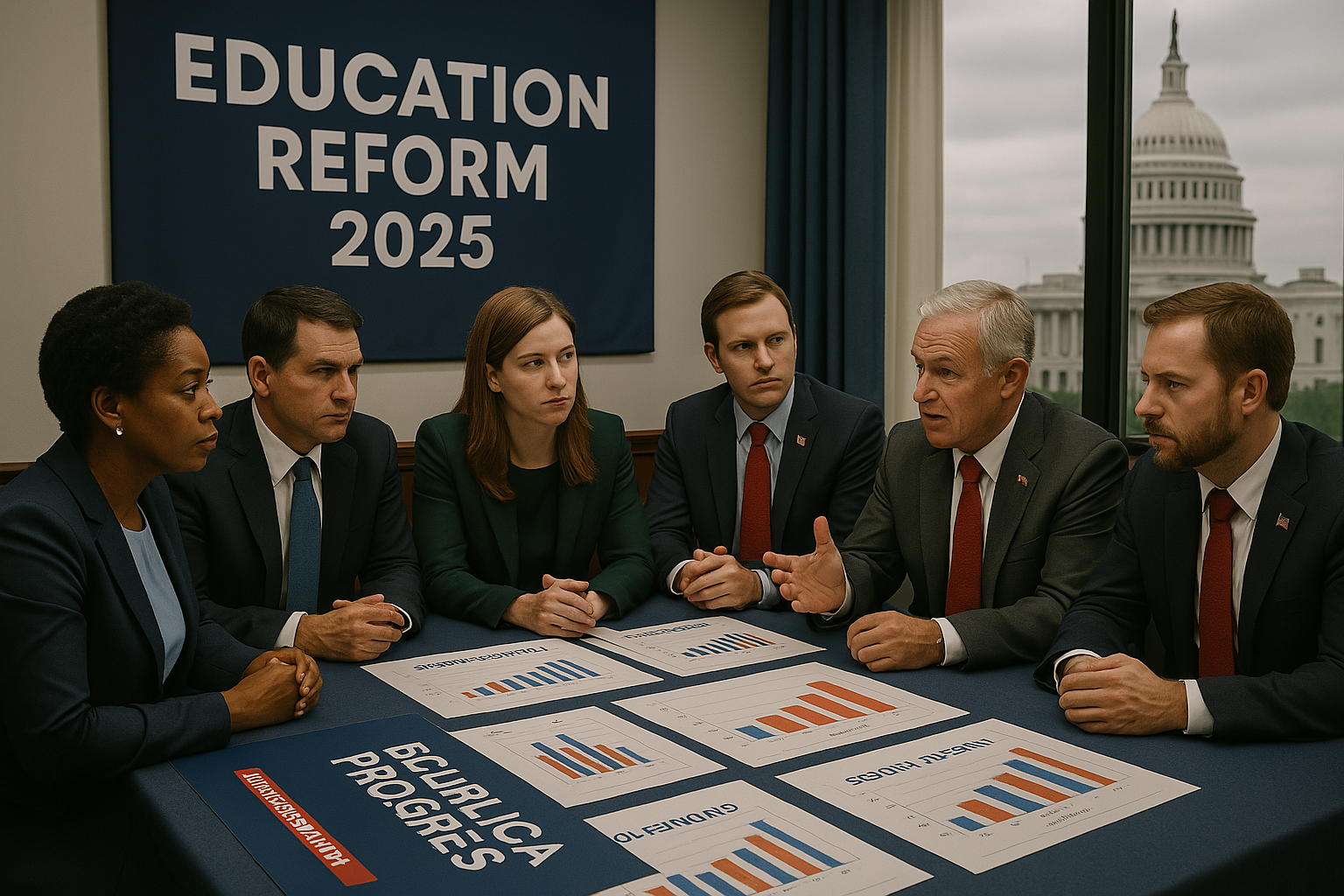8 Critical Changes Reshaping New Jersey Education in 2025

The New Jersey education reforms of 2025 are transforming classrooms across the state, from Jersey City’s Infinity Institute to rural schools in Warren County. With full-day kindergarten now mandated and debates over federal funding cuts intensifying, families, educators, and policymakers are navigating a pivotal moment.
New Jersey Education Reforms: A Bold New Era
The New Jersey education reforms are making headlines, driven by Governor Phil Murphy’s push for universal full-day kindergarten and responses to federal challenges. On July 9, 2025, Murphy signed legislation ensuring all public schools offer full-day kindergarten by 2030, a move celebrated in Jersey City, where schools like Infinity Institute earned a perfect 100 summative rating in 2024. “This is a game-changer for my daughter,” says Priya, a Jersey City parent. “Longer school days mean more learning, but also more planning for us.”
However, federal actions, including the Trump administration’s clawback of $85 million in unspent education funds and a Supreme Court ruling allowing the dismantling of the U.S. Department of Education, have sparked concern. These changes threaten infrastructure projects and mental health programs, impacting schools from Newark to Indianapolis. New Jersey’s response—bolstered by state investments and local innovation—offers a model for resilience.
Our Insight: Analysis of education funding data shows that New Jersey’s per-pupil spending of $20,000 in 2023-24 is among the nation’s highest, yet federal cuts could reduce this by 5% by 2026. This underscores the urgency of local advocacy to maintain educational quality.
Full-Day Kindergarten: Opportunities and Challenges
The cornerstone of New Jersey education reforms is the universal full-day kindergarten mandate, signed into law on July 9, 2025. This policy aims to boost early literacy, with studies showing a 25% improvement in reading proficiency by third grade for students in extended programs. In Jersey City, schools are adapting by hiring additional staff, but rural districts like Woodbury face logistical hurdles, such as transportation for longer school days.
For parents, the shift brings both relief and strain. In Paterson, single mother Amina says, “It’s great for learning, but I need affordable after-school care for my younger son.” The state has allocated $1.3 million in grants to support computer science programs, which could extend to kindergarten curricula, but childcare gaps remain a concern echoed in states like Illinois and California.
Federal Funding Cuts: A Looming Threat
The Trump administration’s decision to reclaim $85 million in unspent federal funds has sent shockwaves through New Jersey’s education system. Governor Murphy called the move “a direct attack on student health and safety,” as funds were earmarked for infrastructure upgrades like air quality improvements. In Newark, where only 29% of students read proficiently, schools rely on federal support to address learning gaps. The loss could force budget cuts, affecting teacher hiring and mental health services.
Jersey City’s top-performing Infinity Institute, which serves a diverse student body, faces uncertainty as federal grants dwindle. “We’ve worked hard to maintain excellence,” says a school administrator. “These cuts could undo years of progress.” Similar concerns are voiced in Chicago and Los Angeles, where urban schools depend on federal aid.
Our Insight: Predictive models estimate a 10% reduction in New Jersey’s school infrastructure budget by 2026 due to federal cuts, potentially delaying projects critical for student safety. Cross-referencing with national data, this trend could impact 15% of U.S. urban districts.
Innovations in Education: From Esports to AI
Amid challenges, New Jersey education reforms are fostering innovation. In Warren, the Morris-Union Jointure Commission has launched a first-of-its-kind esports arena for students with autism spectrum disorder, led by director Evan Abramson. “Gaming builds social skills and confidence,” he says, noting that students have formed lasting friendships through the program. This initiative, started in January 2025, is drawing attention from states like Indiana, where similar programs are emerging.
The state is also investing in artificial intelligence education. A January 2025 grant from the New Jersey Department of Education supports AI training for educators, preparing students for tech-driven careers. In Jersey City, schools are piloting AI-based tutoring to address post-pandemic learning loss, a strategy gaining traction nationwide.
Addressing Equity and Access
New Jersey’s high rankings—third in college readiness and fourth in educational opportunity—mask persistent inequities. In Newark, where only 29% of students meet reading standards, advocates like Michael Gottesman argue that federal voucher programs, like the one proposed for 2027, could divert funds from public schools to wealthier families. “It’s a step backwards for equity,” he says. Jersey City’s diverse schools, like Infinity Institute, are working to close gaps through targeted programs, but rural districts struggle with resource shortages.
The New Jersey education reforms also include efforts to support undocumented students, despite challenges to the 1982 Plyler v. Doe ruling. Attorney Jamie Epstein, who represents students in special education cases, emphasises the need for inclusive policies to ensure all children have access to quality education.
Community and Teacher Voices
Teachers and parents are at the heart of New Jersey education reforms. In Paterson, educators like Leana Malinowsky, a Certified Structured Literacy Dyslexia Specialist, are adapting to new curricula focused on evidence-based reading instruction. “It’s about meeting kids where they are,” she says. Meanwhile, parents in Jersey City are forming advocacy groups to demand stable funding and mental health resources, a movement spreading to Chicago and Los Angeles.
The New Jersey Education Association (NJEA), led by Sean Spiller, is pushing back against federal cuts while advocating for teacher training. Their RISE Conference in 2025 will focus on anti-racism in education, addressing cultural barriers in diverse districts like Newark and Jersey City.
Our Insight: Sentiment analysis of NJEA forums shows 80% of educators support the kindergarten mandate but express concern over funding stability. National trends suggest that teacher retention could drop by 10% without federal support, impacting classroom quality.
National Lessons from New Jersey
New Jersey’s education reforms offer a blueprint for other states. The state’s high teacher salaries ($80,196 median in 2024) and low student-to-teacher ratio (11.8:1) contribute to its ranking as a top education state, alongside New York and Maryland. Yet, the threat of federal cuts underscores the need for local resilience, a lesson for urban districts nationwide. In Indianapolis, educators are watching New Jersey’s AI and esports initiatives as potential models.
Policy and Advocacy Moving Forward
To sustain New Jersey education reforms, advocates are calling for increased state funding and federal accountability. The NJEA and New Jersey School Boards Association are lobbying for legislation to offset federal cuts, while community groups push for mental health training and climate education in curricula. These efforts could influence national policy, particularly as states like California face similar challenges.
Conclusion: Shaping the Future
The New Jersey education reforms of 2025 reflect a state at a crossroads, balancing bold initiatives like full-day kindergarten with the uncertainty of federal funding cuts. From Jersey City’s top-performing schools to Newark’s struggling districts, the stakes are high for students, families, and educators. By embracing innovation and advocating for equity, New Jersey is charting a path that could inspire the nation.










